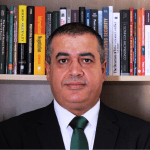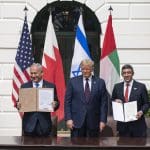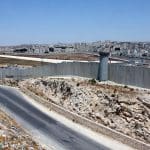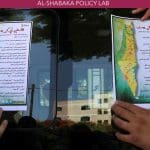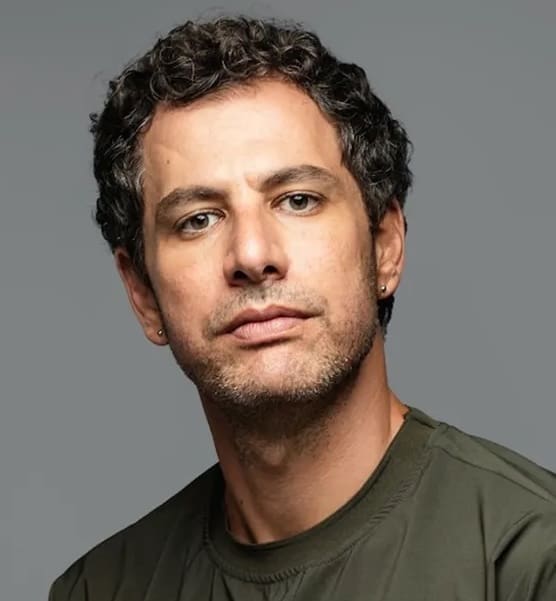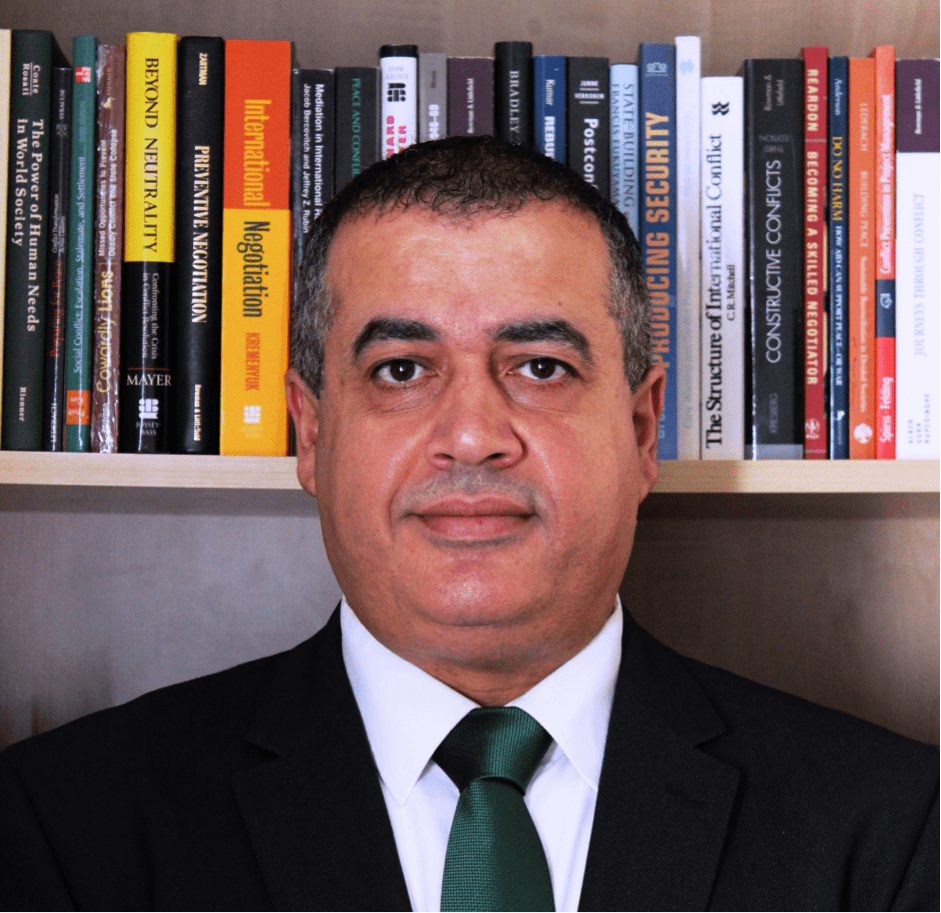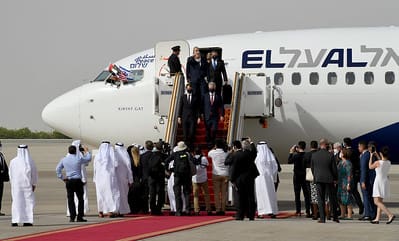
Have Arab states abandoned the Palestinian people?
In this policy lab, Al-Shabaka analysts Tareq Baconi and Ibrahim Fraihat weigh in on the historical understanding of normalization, implications of the UAE-Israel agreement and other normalization developments across the region, and ways forward for Palestinians in light of these changing dynamics.
Tareq Baconi serves as the president of the board of Al-Shabaka. He was Al-Shabaka's US Policy Fellow from 2016 - 2017. Tareq is the former...
Al-Shabaka Member Ibrahim Fraihat is a professor of international conflict resolution at the Doha Institute for Graduate Studies, and Affiliate Scholar at Georgetown University. He...







